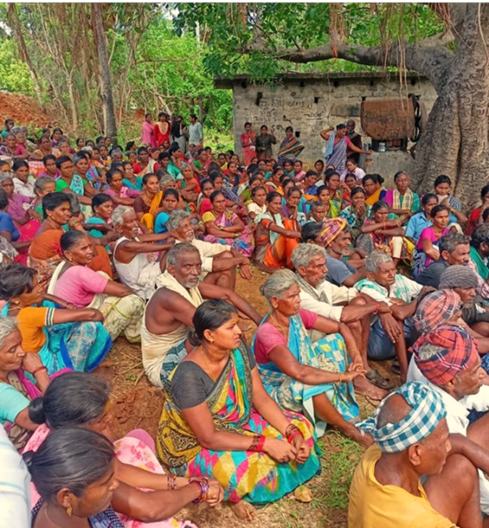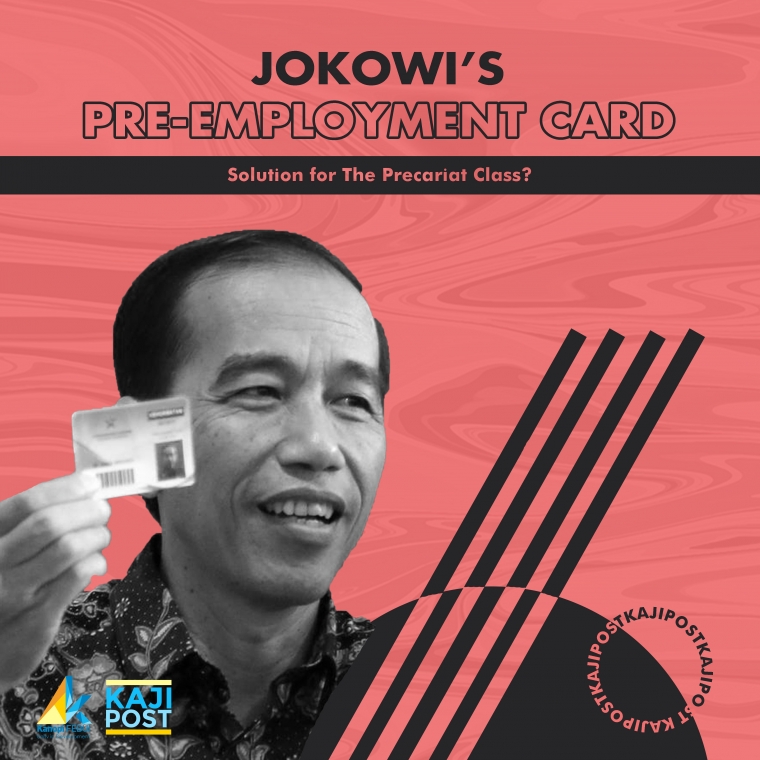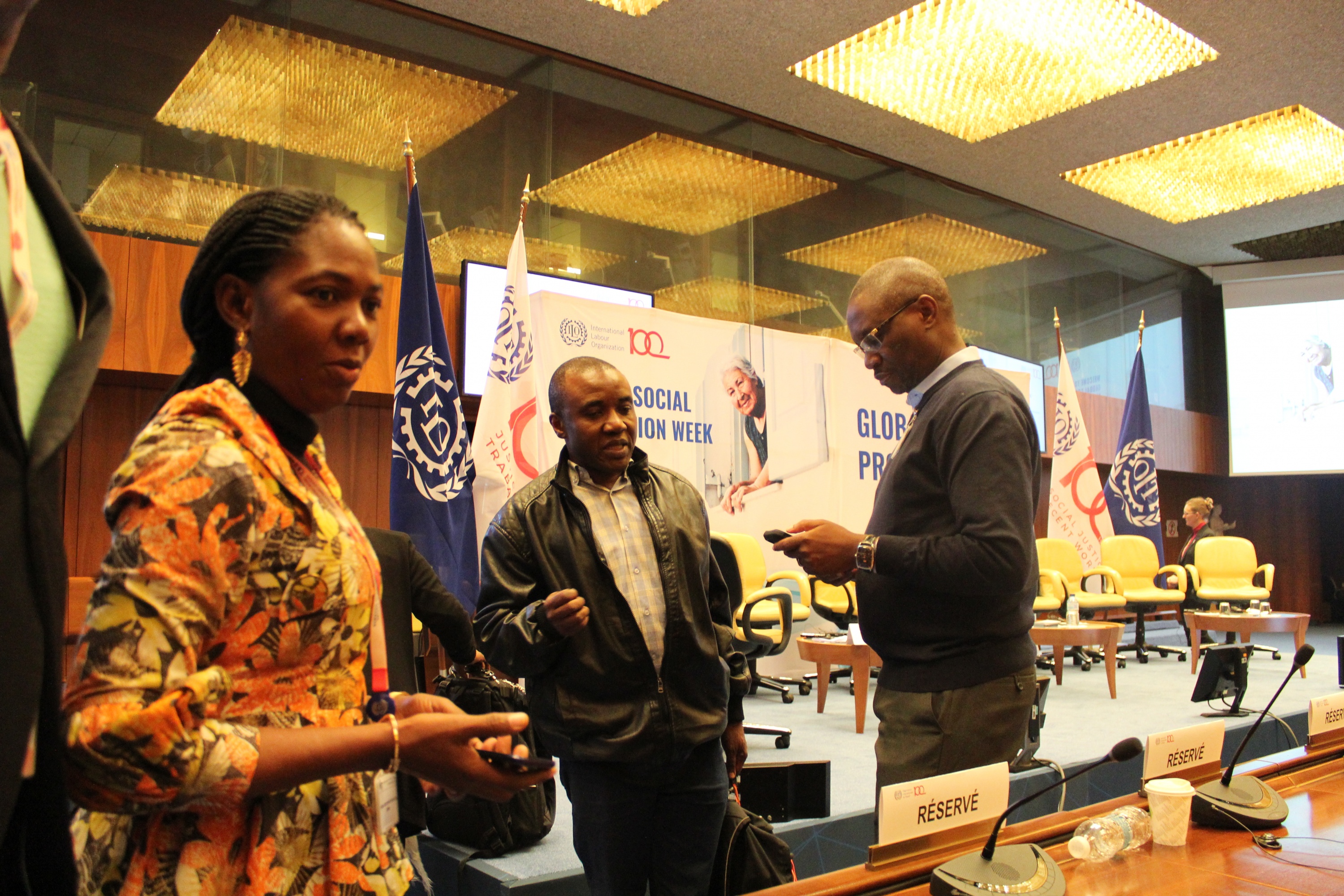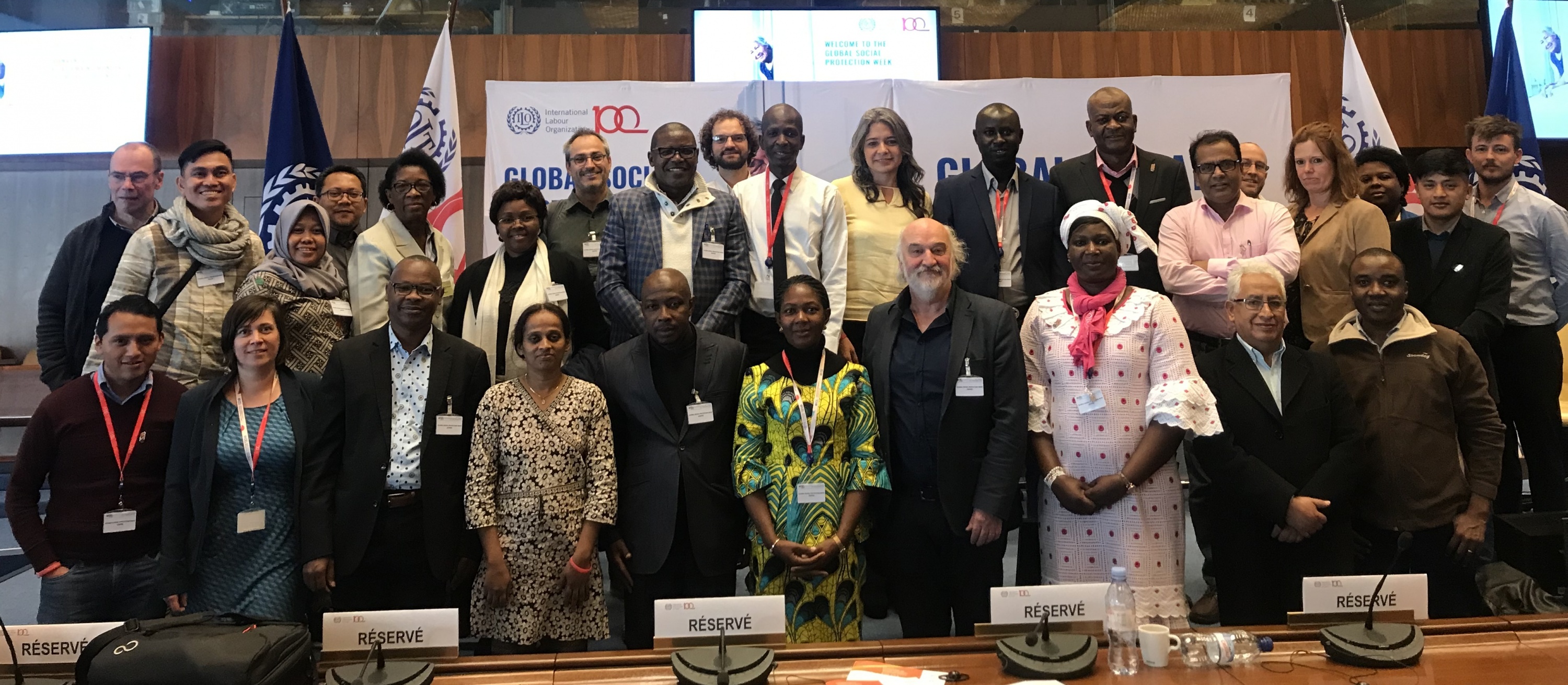ITUC
Launches Migrant Worker “Recruitment Adviser” Platform
Since many of the members of the Asian Network on the Right to Social Protection, are actively involved in the support for labor migrants' rights, I thought it could be interesting to share this message from ITUC on the launch of the 'Recruitment Adviser'.
Brussels, 4
April 2018 (ITUC OnLine): The ITUC has launched a new web platform to help
protect migrant workers from abusive employment practices, by providing them
with peer-to-peer reviews about recruitment agencies in their country of origin
and destination.
The
Recruitment Advisor, developed by the ITUC with support from the ILO Fair
Recruitment initiative”, lists thousands of agencies in Nepal, Philippines,
Indonesia, Qatar, Saudi Arabia, Hong Kong, Malaysia, Singapore, and other
countries.
The
platform allows workers to comment on their experiences, rate the recruitment
agencies and learn about their rights. Initially available in English,
Indonesian, Nepali and Tagalog, it will be further developed in more languages.
Governments
provided the list of licensed agencies and a network of trade unions and civil
society organizations in all target countries, ensures the sustainability of
the platform by reaching out to workers and speaking to them about their
rights.
Public and
private recruitment agencies, when appropriately regulated, play an important
role in the efficient and equitable functioning of both the migration process
and labour markets in countries of destination, by matching the right workers
with specific labour needs and labour markets, as well as creating invaluable
skills assets for countries and communities of origin when workers return home.
Ultimately
Recruitment Advisor will promote recruiters who follow a fair recruitment
process based on ILO General Principles and Operational Guidelines for Fair
Recruitment and will provide useful feedback to Governments regarding the
practices of licensed recruitment agencies, which could be used to complement
more traditional monitoring systems.
Recruitment
is a critical stage when migrant workers are more vulnerable to abuse.
“Unscrupulous recruitment agencies take advantage of the lack of law
enforcement by governments or because workers are simply not aware of their
rights”, says ITUC General Secretary, Sharan Burrow. “It’s time to put power
back into workers’ hands to rate the recruitment agencies and show whether
their promises of jobs and wages are delivered.”
“This platform
can help migrant workers make critical choices at the time of planning their
journey to work in a foreign country. We know that when a worker is recruited
fairly the risk of ending in forced labour is drastically reduced,” says ILO
technical specialist Alix Nasri. “We strongly encourage workers to share their
experiences so others can learn from them. A critical mass of review is needed
for the platform to be really helpful for migrants.”
“An
organized workforce cannot be enslaved, but when there is a governance failure
and no law enforcement, then slavery can flourish. Together we will stop
unscrupulous recruitment practices, we will eliminate slavery in the supply
chains and we will end modern slavery”, said Burrow.
The ITUC
represents 207 million members of 331 affiliates in 163 countries and
territories.
For more
information, please contact the ITUC Press Department on +32 2 224 03 52 or
mail to: press@ituc-csi.org






















